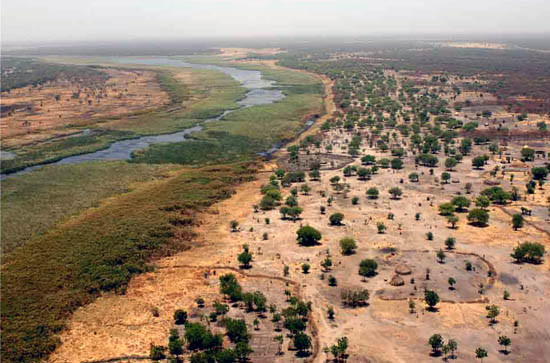The newly appointed Rubkona County Commissioner has taken office vowing to make reconciliation his priority as a way to open development in the county.
Last Tuesday evening the new commissioner Thomas Malit Hoth was welcomed to his office at the county headquarters by payam civil administrators, chiefs and citizens.
Malit was appointed along with two other county commissioners last Monday by Unity State Caretaker Governor Joseph Monytuil, immediately after the sacking of the three outgoing commissioners.
During remarks on the occasion, Hoth pointed out the problems facing the communities including lack of roads, water, employment, and lack of support for women and youth including means by which to support them to attend university.
“If we have funds to support existing programs and upcoming plans, as new commissioner of Rubkona County, I have come with the very clear mandate from newly appointed Governor Joseph Monytuil to bring reconciliation among people as the first step. People have to reconcile after many years of conflict caused by cattle rustling, internal fighting and other issues that concern the public at large,” he said.
Commissioner Thomas Malit added, “Charity begins at home.” He said reconciliations will first take place among youths within the county.
“We have not come here in order to collect cattle. We are here to resolve problems. Anybody who committed murder within the community or across community lines, such a person should be considered by the law as a criminal, and he or she must face the law.”
He blamed a war mentality for the raiding, saying that young people who were born during the war and grew up during it do not know anything except war, and that mentality should be discouraged through “serious orientations.”
The commissioner told Radio Tamazuj that his long-term plans are to build roads to connect remote communities to medical care, food and security services. He noted that this would depend on the availability of funds from both the national and state governments.



